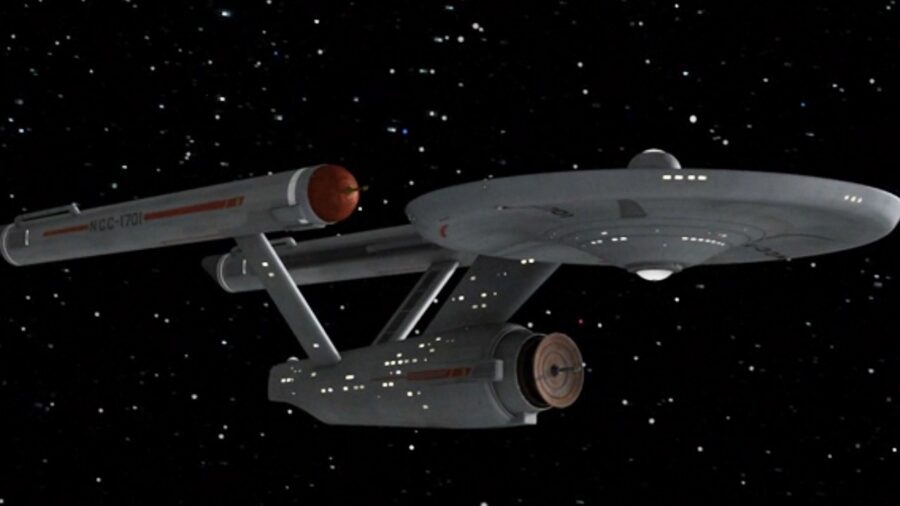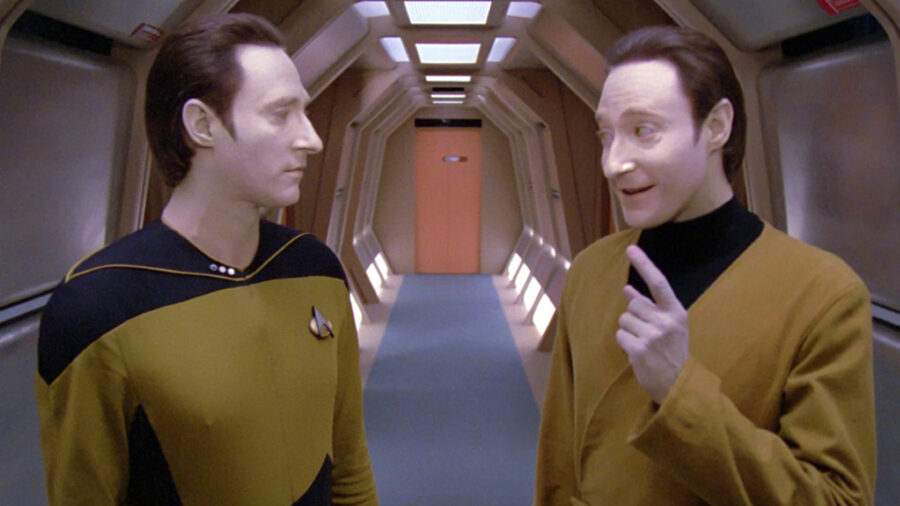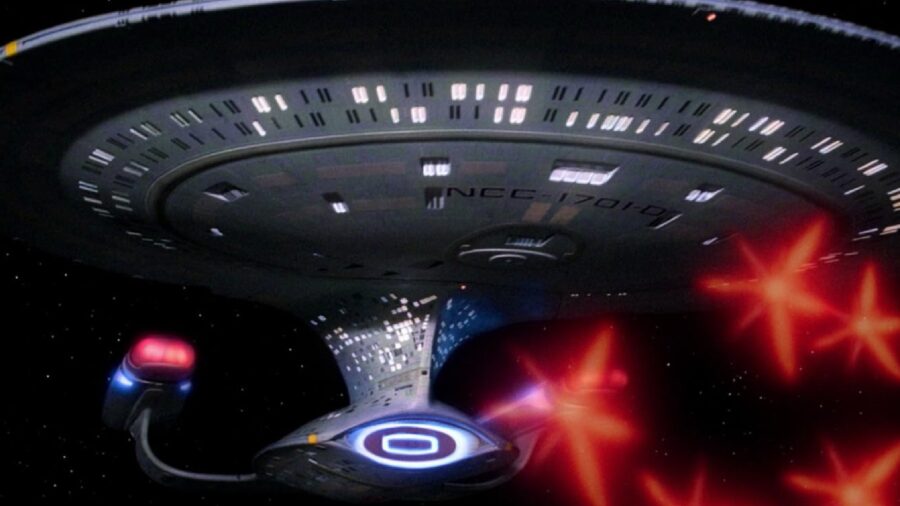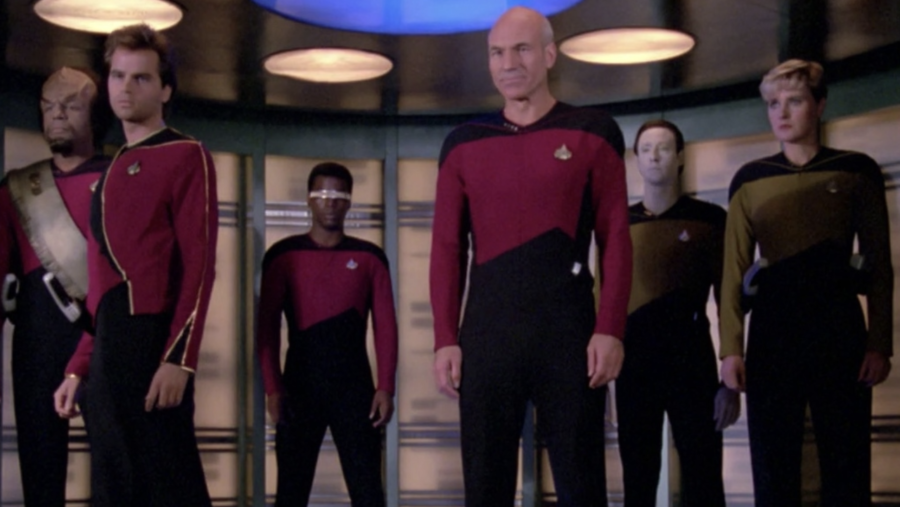Star Trek Is Helping To Create AI Used For Good

Star Trek has done a great job at showing us how technology can be used for good – and how it can be used for evil – over the years. Now Star Trek is attempting to make sure AI is used for good by offering a $1 million prize for working on artificial intelligence that benefits humanity, rather than, you know, taking it over completely. The prize is being offered by The Roddenberry Foundation, a foundation opened in Star Trek creator Gene Roddenberry’s name by his family after his death in 1991.
The Gene Roddenberry Foundation

Chief Executive of The Gene Roddenberry Foundation, Lior Ipp, made a statement about the Star Trek AI $1 million prize, saying, “We are trying to … catalyze folks to think about what AI looks like if it’s used for good,” adding “and what it means to use AI responsibly, ethically and toward solving some of the thorny global challenges that exist in the world.” This all sounds well and good, but who is eligible to receive this prize?
The Roddenberry Foundation is offering the prize to any early-stage nonprofit and for-profit venture across the globe, so it sounds like pretty much anyone who has a good idea for beneficial article intelligence.
Fostering Positive Uses For AI

The Roddenberry Prize has been offered to other areas of tech and advancements for humanity before, but the focus this time around is artificial intelligence and machine learning. The technology has become nearly ubiquitous in recent years, with anyone with an Internet connection able to access advanced models like Chat-GPT. The technology is only getting better, so hopefully, Star Trek can help steer AI in a positive way.
The Rules For The Prize

The Star Trek creator’s foundation also outlined some stipulations for winning the AI prize, namely that the proposal should be ethical and “fair, transparent, respectful of individual rights and privacy.” The proposals should also be inclusive, as the website states that tech should “explicitly design against bias or discrimination against individuals, communities or groups.” The last winner of the Roddenberry Prize was the Swedish biotechnology company Elypta, which uses liquid biopsies to help detect cancer in its early stages.
Ethical AI Use For A Better Future

The Star Trek prize also seeks AI proposals that have the potential to help with one or more of the 17 sustainable development goals set forth by the United Nations. The goals include ending poverty, ending hunger, achieving gender equality, combating climate change, ensuring access to clean water, providing access to quality healthcare, providing access to quality education, and more. These are tall orders, but it’s reasonable to say that artificial intelligence, when used ethically, could certainly help work toward achieving these goals.
Boldly Going Into The Future

In fact, the UN goals are very in line with the overall peacekeeping and research goals of Starfleet from Star Trek, so it’s fitting that The Roddenberry Foundation is helping guide AI in this direction. Ventures who meet the eligibility criteria for the prize can submit their applications through July 12, with a winner set to be announced in November. It’ll be interesting to see what kind of good artificial intelligence technology the foundation chooses and if the chosen company will be able to help AI boldly go where no AI has gone before.










